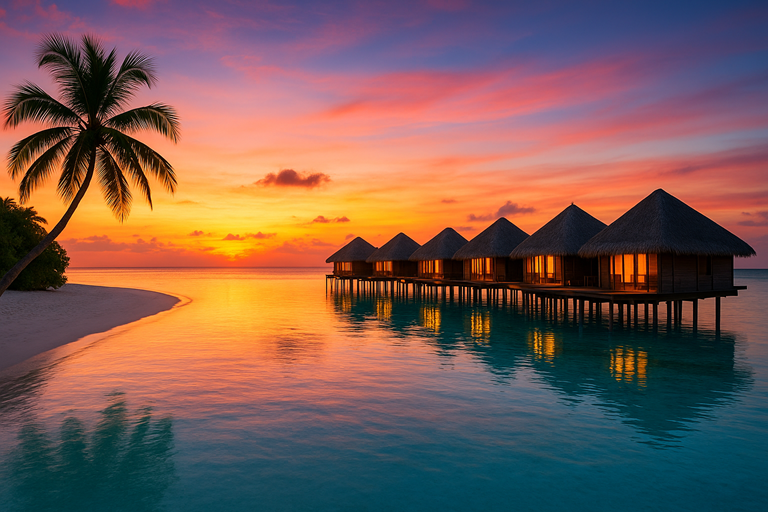
Learn about Maldives
AI is finding the best recommendations for you, it may take minutes...
Maldives Budget Travel Guide (Updated 2025)
A practical, budget-focused guide covering when to go, getting around, accommodation options (resorts, guesthouses, liveaboards), money and costs, top activities (diving, snorkeling, surfing), and booking tips to save on the typically expensive Maldives trip.
Maldives Travel Guide
Comprehensive country guide with up-to-date sections on geography, climate and seasons, visas and entry, transfers, resorts vs local islands, top activities and excursions, cultural etiquette, safety, and sustainability considerations for planning an island-by-island visit.
Maldives Travel Guide | National Geographic
A curated travel hub with photo-led features and practical advice highlighting standout experiences—scuba and snorkeling hotspots, best hotels, itineraries and environmental context—aimed at inspirational, experience-driven travellers.
A Local’s Guide to the Maldives
Condé Nast Traveler interview-style piece featuring local insight from a Maldivian surf-operations manager, with recommendations for where to surf, eat in Malé, and experience local culture beyond the resort circuit.
Diving in the Maldives (Overview and Dive Sites)
Detailed overview of scuba and snorkeling in the Maldives: major atolls and famous dive sites, seasonal highlights for mantas, whale sharks and pelagics, typical dive conditions and safety/skill considerations useful for planning dive-focused trips.
Malé Friday Mosque (Hukuru Miskiy)
Medhu Ziyaaraiy (Tomb of Abu al-Barakat Yusuf al-Barbari)
Sultan Park
Malé Fish Market
Artificial Beach
Snorkelling and Reef Snorkel Trips
Diving (Intro dives and PADI packages)
Island-hopping & Local Island Day Trips
Sandbank Picnic & Sunset Cruise
Malé Walking Tour (Hukuru Miskiy, Sultan Park, Fish Market)
AI is finding the best recommendations for you, it may take minutes...
